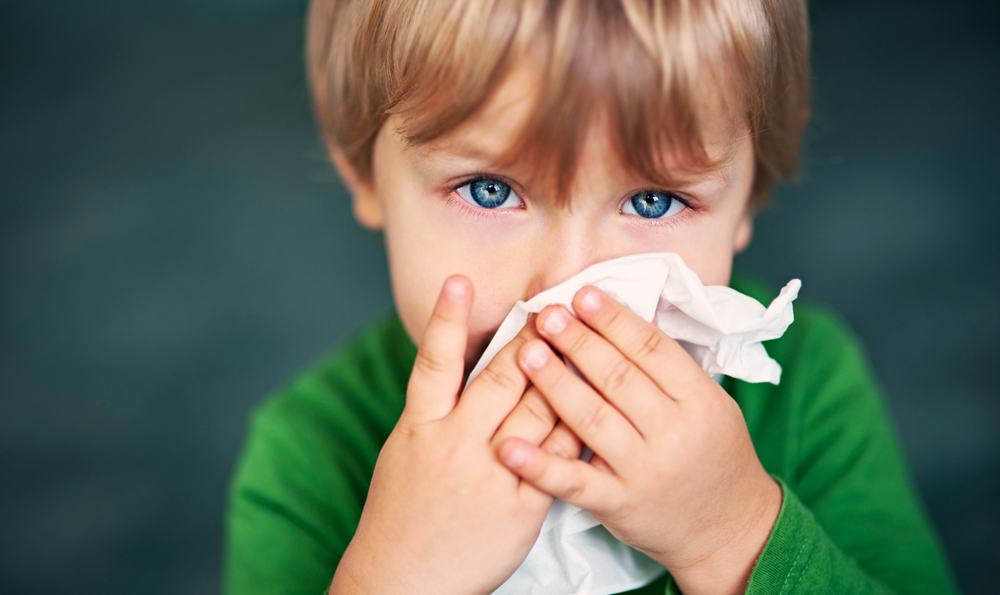It’s not uncommon for kids to cough—or anyone for that matter. Coughing is the body’s natural way to clear the airway when working through a cold, flu, postnasal drip, asthma, allergies, or even airborne irritants. But what happens when a child’s cough just won’t go away?
According to Atlantic Health’s Chief of Pediatric Pulmonology Gurpreet Phull, MD, if a cough lingers for more than three or four weeks, it’s time to see a doctor.
“If a chronic cough affects your child’s breathing at night, in the classroom, during sports, after an illness, or with seasonal changes, it’s worth exploring the cause,” says Dr. Phull. He explains that using kid-friendly advanced testing, pediatric pulmonologists are able to find the reason for just about any pediatric respiratory condition.
Detecting respiratory conditions in kids
Although there’s not a one-size-fits-all definition of a lingering cough, most pediatricians use these general guidelines to define a “persistent” cough:
- Lasts more than three or four weeks
- Interferes with daily life, causing missed school or work
- Returns seasonally or with certain activities
- Doesn’t improve after an illness
- Disrupts sleep, causes vomiting, leads to shortness of breath
Dr. Phull says the reasons for lingering childhood coughs are many. Maybe enlarged adenoids are irritating the child’s airway. Maybe the airway lining is sensitive after a cold or viral infection. Maybe allergies are causing mucous to irritate the sinuses or upper respiratory tract. Or cold air, exercise, or allergens are triggering an asthma response. Even a child’s stomach acid can cause reflux, which can provoke coughing.
What parents can do to help
If your child develops a cough that doesn’t resolve within a few weeks, start tracking it. When did it start and when does it happen most often? Does it worsen at night, with exercise, or exposure to cold or dust? Is it wet, dry, or barky? Does it come with wheezing, fever, mucous, pain, or reflux?
“This is important information for your pediatrician,” says Dr. Phull. “Once you share your child’s cough history and patterns, your pediatrician may try first-line interventions such as antihistamines, nasal steroids, or inhaled bronchodilators for possible asthma.”
When to see a specialist
But if standard treatments don’t seem to resolve the cough, the next step is often a referral to a pediatric pulmonologist for further evaluation. According to Dr. Phull, there is a range of tests that can help pinpoint the underlying issues and offer targeted therapies.
He often starts with a pulmonary function test to measure lung capacity, airflow obstruction, and responsiveness. In some cases, the team will insert a bronchoscope into the nose, throat, and lungs to visualize the child’s anatomy. If allergies are suspected, for example, the team can help identify specific triggers. Or they may recommend a sleep study if obstructive sleep apnea is suspected or poor sleep seems to be causing behavioral concerns relating to ADHD or attentiveness.
Based on the results, Dr. Phull and his team match the appropriate therapy to the child’s precise diagnosis.
“A persistent cough in a child is a signal that something in the airway is irritated or inflamed,” says Dr. Phull. “For many children, the cause is usually mild and the treatment is straightforward. But for others—especially those with underlying asthma, allergies, reflux, sleep concerns, or other lung issues—early, precise evaluation can make a big difference in preventing respiratory issues from escalating, which improves a child’s quality of life.”












